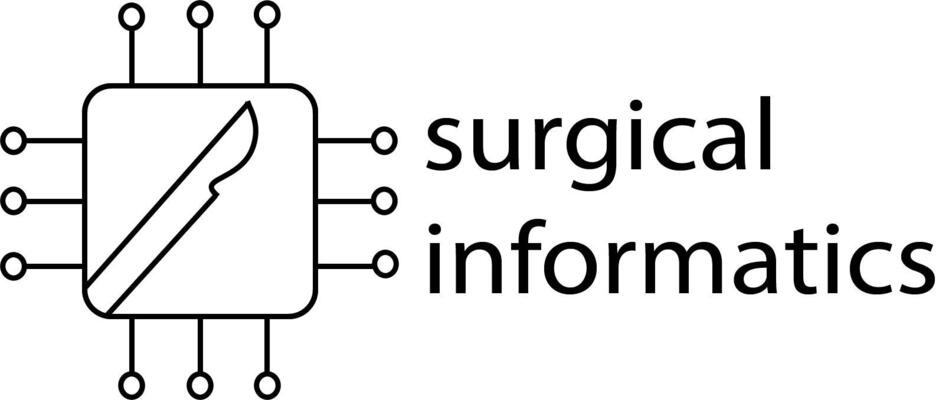Estiri, Hossein, Zachary Strasser, Gabriel Brat, Yevgeniy Semenov, The Consortium Characterization COVID-19 EHR (4CE), Chirag Patel, and Shawn Murphy. 2021. “Evolving Phenotypes of Non-Hospitalized Patients That Indicate Long Covid”. MedRxiv.
Abstract
For some SARS-CoV-2 survivors, recovery from the acute phase of the infection has been grueling with lingering effects. Many of the symptoms characterized as the post-acute sequelae of COVID-19 (PASC) could have multiple causes or are similarly seen in non-COVID patients. Accurate identification of phenotypes will be important to guide future research and help the healthcare system focus its efforts and resources on adequately controlled age- and gender-specific sequelae of a COVID-19 infection. In this retrospective electronic health records (EHR) cohort study, we applied a computational framework for knowledge discovery from clinical data, MLHO, to identify phenotypes that positively associate with a past positive reverse transcription-polymerase chain reaction (RT-PCR) test for COVID-19. We evaluated the post-test phenotypes in two temporal windows at 3-6 and 6-9 months after the test and by age and gender. Data from longitudinal diagnosis records stored in EHRs from Mass General Brigham in the Boston metropolitan area was used for the analyses. Statistical analyses were performed on data from March 2020 to June 2021. Study participants included over 96 thousand patients who had tested positive or negative for COVID-19 and were not hospitalized. We identified 33 phenotypes among different age/gender cohorts or time windows that were positively associated with past SARS-CoV-2 infection. All identified phenotypes were newly recorded in patients’ medical records two months or longer after a COVID-19 RT-PCR test in non-hospitalized patients regardless of the test result. Among these phenotypes, a new diagnosis record for anosmia and dysgeusia (OR: 2.60, 95% CI [1.94 - 3.46]), alopecia (OR: 3.09, 95% CI [2.53 - 3.76]), chest pain (OR: 1.27, 95% CI [1.09 - 1.48]), chronic fatigue syndrome (OR 2.60, 95% CI [1.22-2.10]), shortness of breath (OR 1.41, 95% CI [1.22 - 1.64]), pneumonia (OR 1.66, 95% CI [1.28 - 2.16]), and type 2 diabetes mellitus (OR 1.41, 95% CI [1.22 - 1.64]) are some of the most significant indicators of a past COVID-19 infection. Additionally, more new phenotypes were found with increased confidence among the cohorts who were younger than 65. Our approach avoids a flood of false positive discoveries while offering a more robust probabilistic approach compared to the standard linear phenome-wide association study (PheWAS). The findings of this study confirm many of the post-COVID symptoms and suggest that a variety of new diagnoses, including new diabetes mellitus and neurological disorder diagnoses, are more common among those with a history of COVID-19 than those without the infection. Additionally, more than 63 percent of PASC phenotypes were observed in patients under 65 years of age, pointing out the importance of vaccination to minimize the risk of debilitating post-acute sequelae of COVID-19 among younger adults.Competing Interest StatementThe authors have declared no competing interest.Funding StatementThis work was supported by the National Human Genome Research Institute grant 3U01HG008685-05S2 and the National Library of Medicine grant T15LM007092.Author DeclarationsI confirm all relevant ethical guidelines have been followed, and any necessary IRB and/or ethics committee approvals have been obtained.YesThe details of the IRB/oversight body that provided approval or exemption for the research described are given below:The use of clinical data in this study was approved by the MGB Human Research Committee with a waiver of informed consent.All necessary patient/participant consent has been obtained and the appropriate institutional forms have been archived.YesI understand that all clinical trials and any other prospective interventional studies must be registered with an ICMJE-approved registry, such as ClinicalTrials.gov. I confirm that any such study reported in the manuscript has been registered and the trial registration ID is provided (note: if posting a prospective study registered retrospectively, please provide a statement in the trial ID field explaining why the study was not registered in advance).Yes I have followed all appropriate research reporting guidelines and uploaded the relevant EQUATOR Network research reporting checklist(s) and other pertinent material as supplementary files, if applicable.YesData contains PHI and therefore is not publicly available.
Last updated on 03/06/2023
